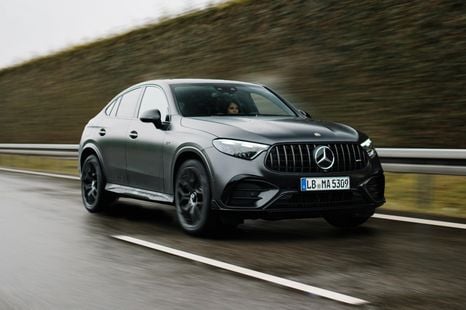

William Stopford
2027 Mercedes-AMG GLC53 revealed for buyers who want a hot six
48 Minutes Ago

News Editor
The chairman of the Ford Motor Company has warned the company isn’t ready yet for an invasion of Chinese electric vehicles (EVs), but it’s getting there.
“They developed very quickly, and they developed them in large scale. And now they’re exporting them,” Mr Ford said on CNN’s Fareed Zakaria GPS when asked whether he was ready to compete with Chinese EVs in the US.
“They’re not here but they’ll come here we think, at some point, we need to be ready, and we’re getting ready.
“We learned a lot. When I look back when the Japanese came to America, we weren’t ready. Then the Koreans came, and we really weren’t ready.
“Well guess what, it’s going to happen again and we are going to be ready because we are acutely aware of what not being ready will do to us.”
While Chinese EVs have arrived in Australia wearing BYD and MG badging and a swarm of brands from Hongqi to Nio have entered Europe, no Chinese brands currently compete in the US market.
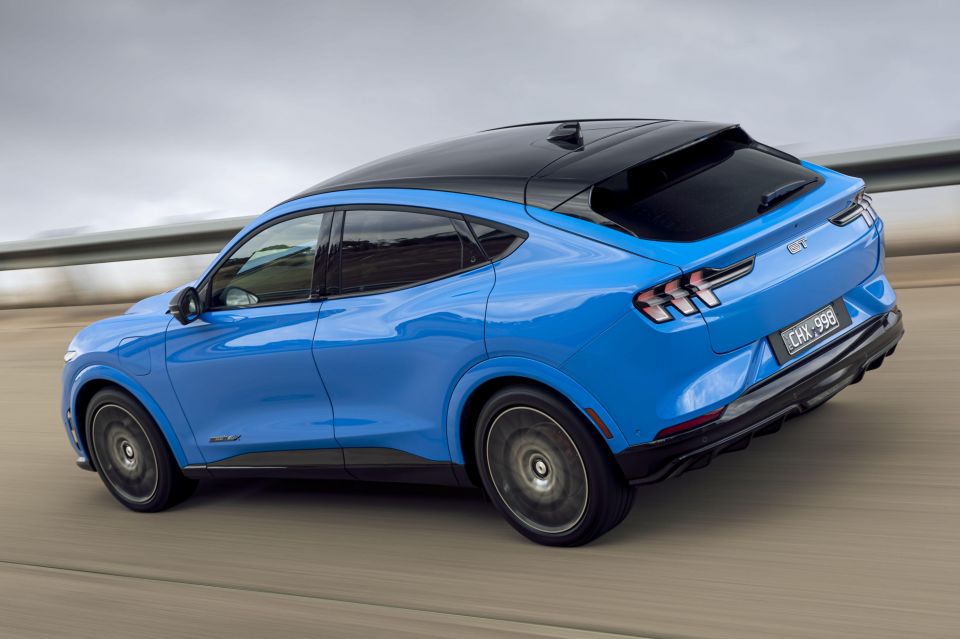
There are, however, Chinese-owned companies like Volvo and Polestar competing there, and even Chinese-built vehicles from American brands like Buick and Lincoln.
“I think we see the Chinese as the main competitor, not GM or Toyota. The Chinese are going to be the powerhouse,” said Ford CEO Jim Farley last month, noting 70 per cent of the world’s EVs are produced in China and name-checking BYD, Geely, Changan, SAIC Motor and GWM as the “winners”.
“To beat them, you either have to have a very distinct brand, which we think we do, or you have to beat them on cost. But how do you beat them on cost if their scale is 5x yours? So, I don’t know.
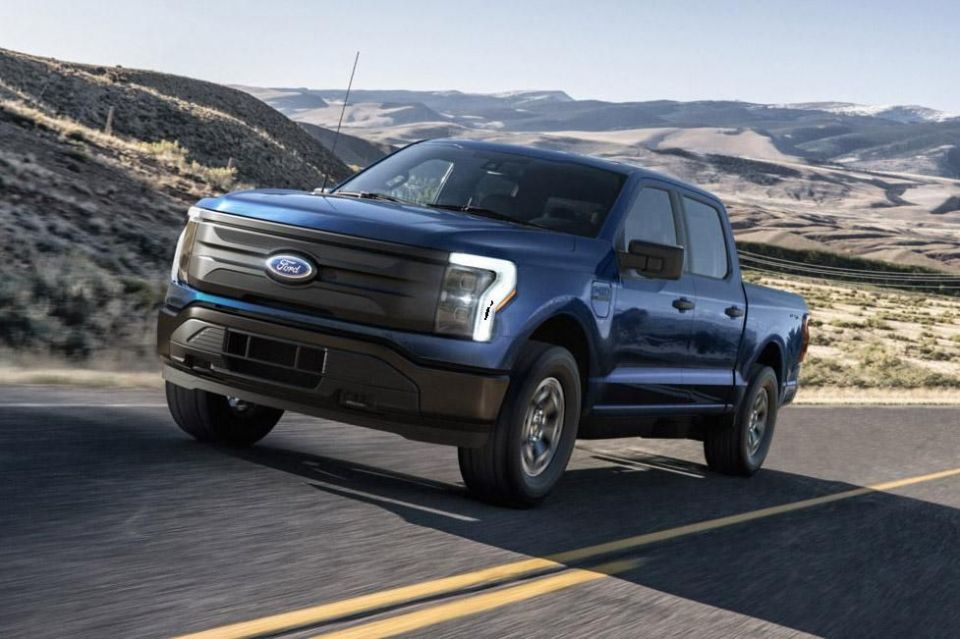
“The Europeans let them in. So, now they’re selling in high volume in Europe. We have a decision to make here in the U.S.”
The recently enacted Inflation Reduction Act has made it harder for foreign brands to compete in the US EV market.
For starters, they need to be built in the US to qualify for a US$7500 (A$11,024) tax credit. Additionally, their batteries need to have 40 per cent of their materials sourced from North America or a US trading partner by 2024 to qualify for the credit.
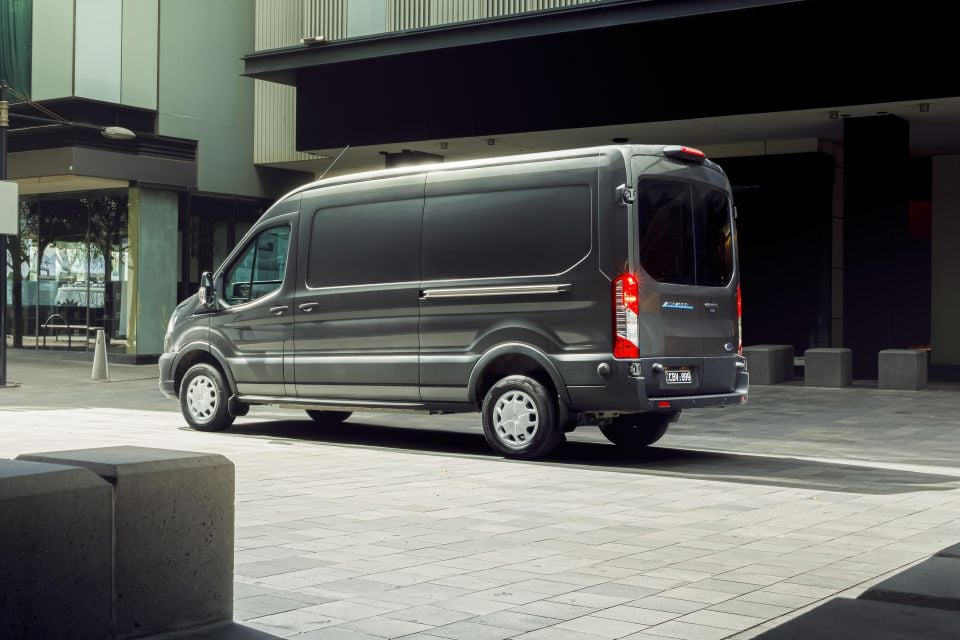
This materials requirement will get increasingly stringent, and by 2027 EVs will need 80 per cent of their battery materials to come from one of these countries to qualify for the tax credit.
Mr Farley cautioned the US lithium industry isn’t ready.
“Well, the issue is, like, lithium is super plentiful. The problem is, it takes 12 years to 15 years just to get permitted,” he said.
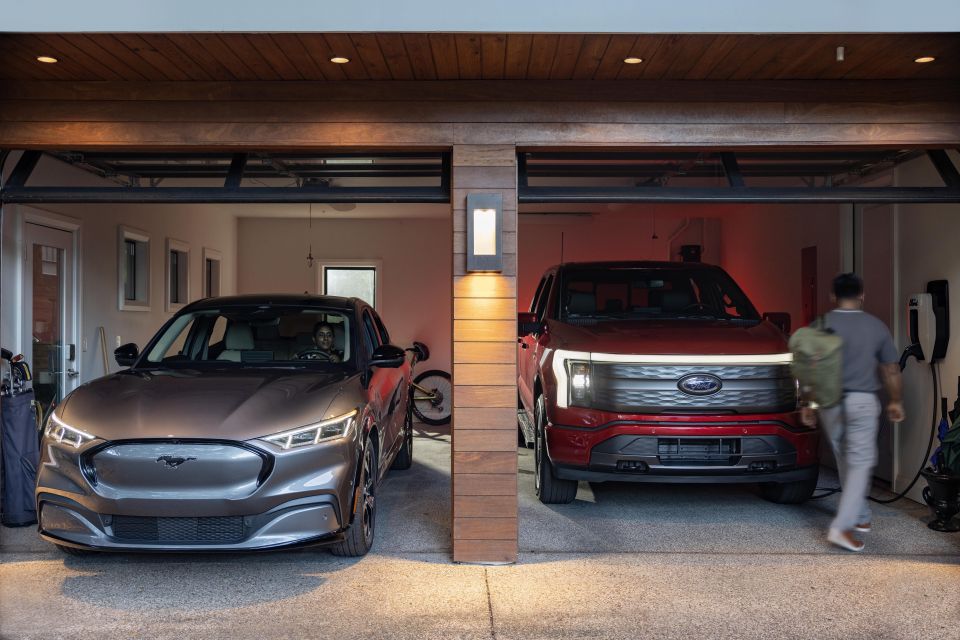
“To actually get it out of the ground and then processing it, there’s zero processing capability in North America other than Tesla’s Corpus Christi site.”
Despite these regulatory hurdles, Bill Ford anticipates Chinese automakers will enter his company’s home market eventually.
Ford currently sells three EVs there – the E-Transit, Mustang Mach-E and F-150 Lightning – with more to come.
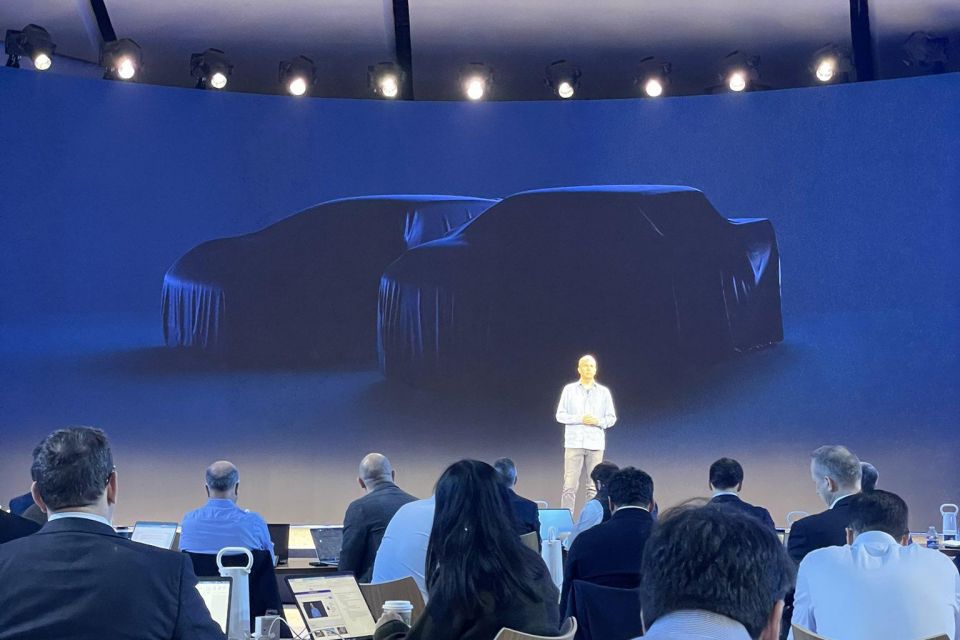
It recently teased a next-generation electric pickup truck and SUV duo, both of which are set to enter production in 2025.
The company announced earlier this year it expects to lose US$3 billion (A$4.49 billion) before taxes in its Model e electric vehicle business this year, up from US$2 billion last year, as it readies new production sites in Kentucky and Tennessee.
Ford’s investment in three EV and battery production plants is expected to cost the company around US$11.4 billion (A$15.7 billion) and create around 11,000 jobs.
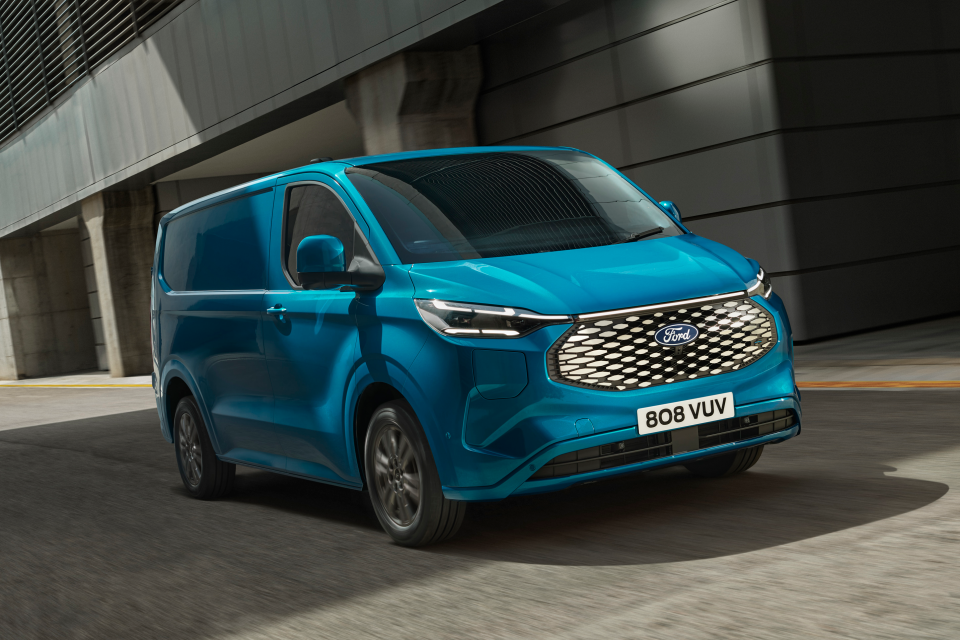
Nevertheless, Ford has said it expects production costs versus revenue of its first-generation EVs will break even this year, and that its EVs will reach cost parity with combustion-powered vehicles sometime between 2030 and 2035.
Ford Australia already offers on EV in the E-Transit, with the Mustang Mach-E to follow this year and the E-Transit Custom and Puma EV due in 2024.
The company has promised five EVs by the end of 2024 in Australia, which leaves an as-yet unconfirmed fifth model.
Go deeper on the cars in our Showroom, compare your options, or see what a great deal looks like with help from our New Car Specialists.
William Stopford is an automotive journalist with a passion for mainstream cars, automotive history and overseas auto markets.


William Stopford
48 Minutes Ago
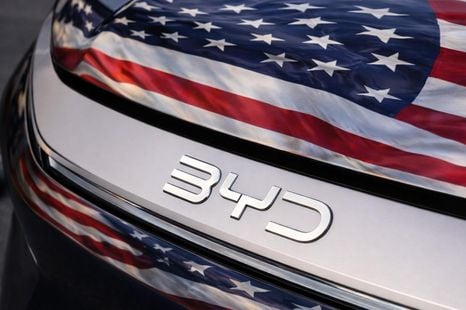

Damion Smy
3 Hours Ago
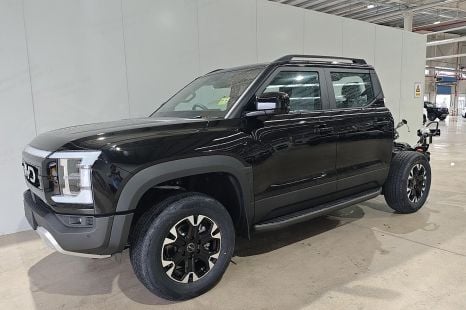

William Stopford
4 Hours Ago
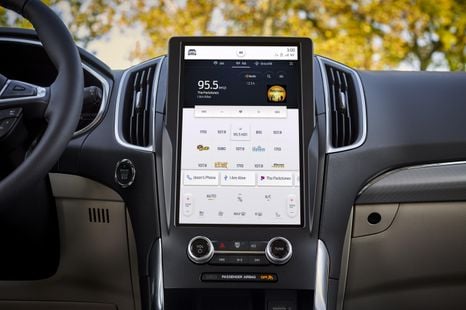

Damion Smy
5 Hours Ago
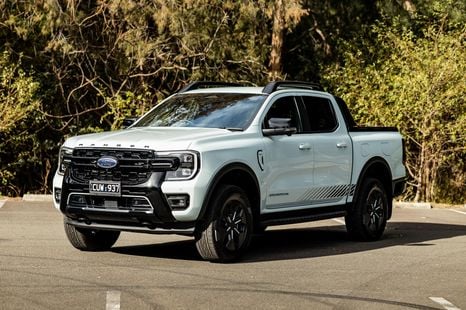

Damion Smy
6 Hours Ago
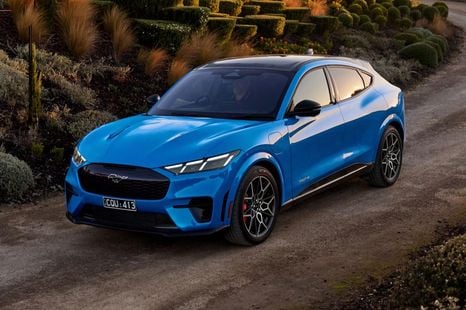

William Stopford
6 Hours Ago
Add CarExpert as a Preferred Source on Google so your search results prioritise writing by actual experts, not AI.